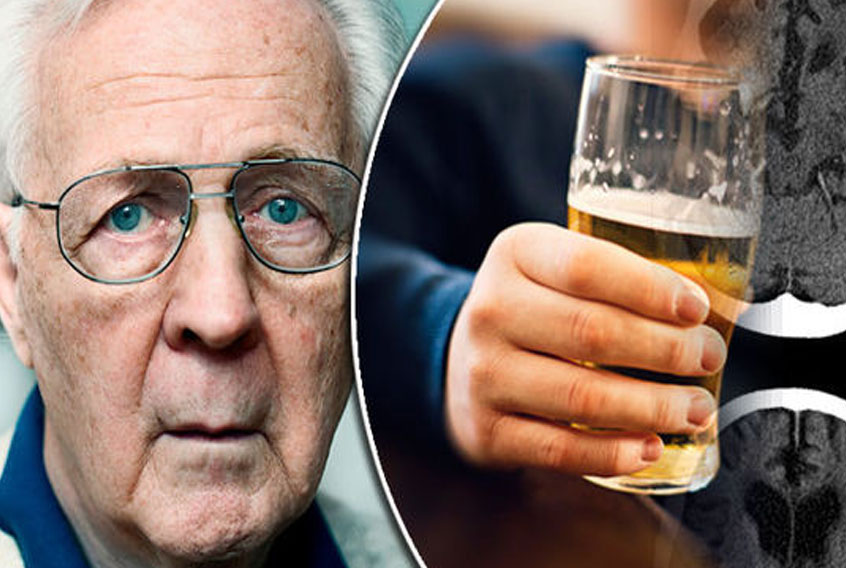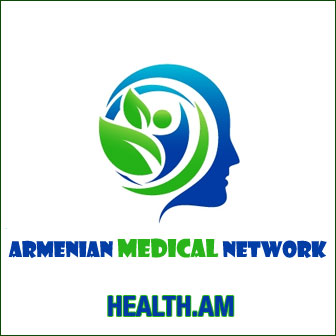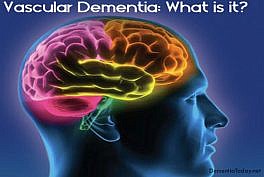Wernicke-Korsakoff Syndrome Treatment & Management

Wernicke encephalopathy is a medical emergency. Prompt recognition of the symptom complex and a high index of suspicion are crucial to ensure early treatment. Parenteral thiamine (100 mg) is the treatment of choice. Early treatment can rapidly reverse the ophthalmoplegia and improve ataxia/dysequilibrium and early mental confusion, as well as prevent development of the amnestic state. In advanced cases in which severe, prolonged deficiency has led to permanent structural damage, permanent deficits are most often manifested as the amnestic state and severe ataxia.
After the initial intravenous (IV) dose, continue daily administration of thiamine (100 mg) via IV, intramuscular (IM), or oral doses, depending on patient status. Supplementation of electrolytes, particularly magnesium and potassium (often low in people with alcoholism), may be required in addition to thiamine. Magnesium acts as a cofactor for many enzymes (eg, transketolase for the conversion of thiamine to thiamine pyrophosphate) and, therefore, its deficiency may lead to refractory response to thiamine supplementation. In patients who are chronically malnourished, the remainder of the B vitamins also should be supplemented.
Administration of intravenous glucose to patients who are severely malnourished can exhaust their supply of thiamine and precipitate Wernicke-Korsakoff syndrome. Thus, good practice demands administration of thiamine prior to glucose infusion in patients at high risk for Wernicke-Korsakoff syndrome.
Emergency psychiatric hospitalization and evaluation are indicated when the patient is having active psychotic symptoms that pose a danger to himself or herself or to others. Many such patients also meet the criteria of grave disability (ie, inability to provide basic needs, such as food and shelter). In such cases, however, the patient should generally be medically and neurologically stable prior to transfer to a psychiatric facility, where acute medical work-up and monitoring may be available (eg, IV access, neuroimaging, nutritionist, neurology consultation).
In most cases, patients with psychotic symptoms may require inpatient medical hospitalization and psychiatric consultation. Once medically stabilized, patients may need continued psychiatric care if severe psychotic symptoms persist.
Wernicke-Korsakoff Syndrome Complications
Complications of Wernicke-Korsakoff syndrome include:
Loss of memory
Loss of intellectual skills
Injuries:
Due to falls
Seizures
Liver disease
In patients with comorbid acute alcohol withdrawal, treatment with IV/IM thiamine occurs concurrently with the indicated alcohol withdrawal procedures.
Further inpatient care
Evaluation for progression or recovery from Wernicke-Korsakoff syndrome symptom complex is the primary reason for further inpatient care. Patients also require monitoring for alcohol withdrawal and the potential cardiac manifestations of Wernicke-Korsakoff syndrome (eg, congestive heart failure). Owing to the acuity of the confessional state and continued neuronal damage, inpatient treatment may be needed to ensure sufficient thiamine supplementation via either oral and parenteral routes.
Diet and Activity
A balanced diet should be resumed as early as possible. Vitamin and electrolyte supplementation should be adhered to in addition to a well-balanced diet initially. Supplementation can be tapered as the patient resumes normal intake and demonstrates symptomatic improvement.
Due to gait abnormalities, unassisted ambulation is discouraged during the initial phase of treatment. Patients may require physical therapy evaluation for gait assistance. Gait abnormalities may be permanent, depending on the severity at initial presentation and the timeliness of therapy.
Referral and Follow-Up Care
Long-term alcohol use is the most common etiology for Wernicke-Korsakoff syndrome, and abstinence provides the best chance for recovery. Referral to an alcohol recovery program should be part of the treatment regimen. Inpatient treatment versus outpatient rehabilitation depends on the needs of the individual and risks of relapse.
Recovering patients will require outpatient follow-up care to evaluate for continued progress or relapse. Patients with long-term alcoholism may benefit from further inpatient or outpatient rehabilitation, depending on the likelihood of compliance.
Patients should continue taking thiamine supplementation, as well as other vitamins and electrolytes, until a well-balanced diet can be maintained. Long-term supplementation may be required in patients who cannot maintain adequate nutritional intake, whether from noncompliance or the underlying disorder.
###
Author: Glen L Xiong, MD; Chief Editor: David Bienenfeld, MD






